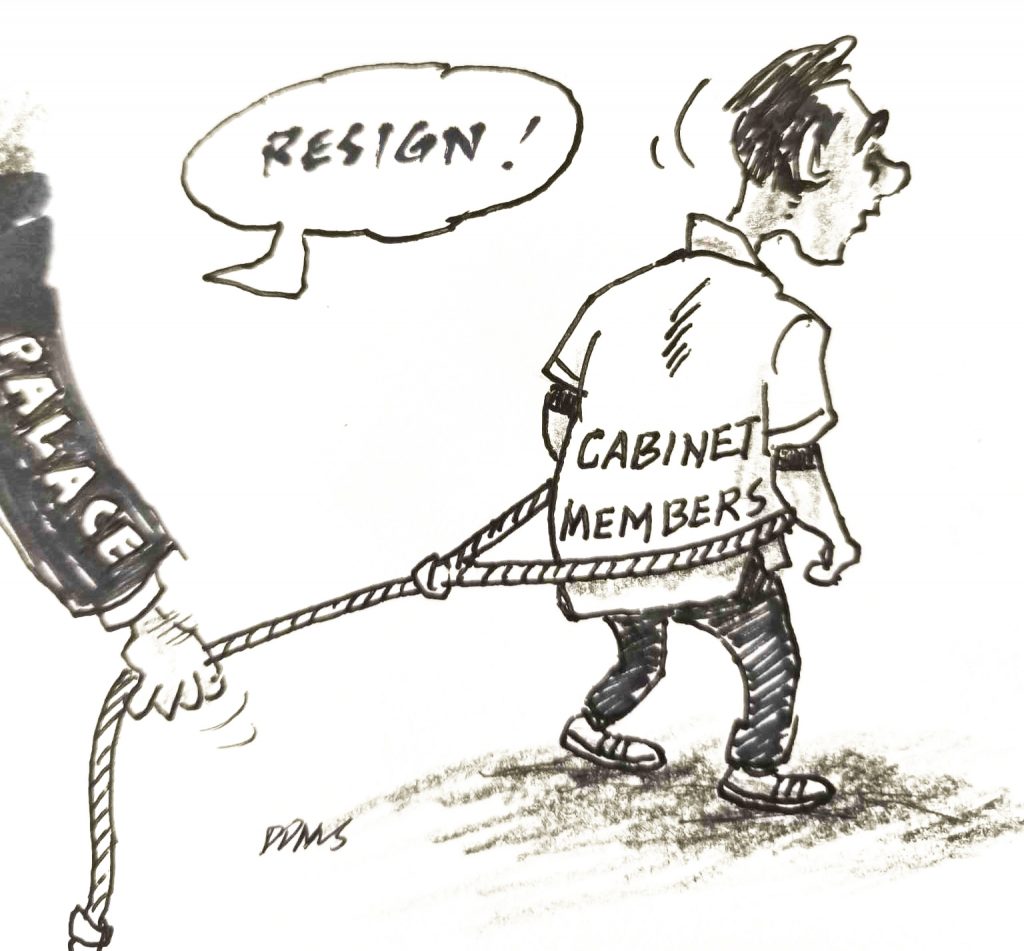President Ferdinand Marcos Jr.’s directive for all his appointed Cabinet secretaries to tender courtesy resignations is unnecessary, questionable, and politically dangerous. Such a sweeping move unsettles the bureaucracy and undermines the very concept of stable governance.
In any administration, Cabinet appointments carry both executive trust and constitutional weight. The abrupt demand for mass resignations disrupts institutional continuity and signals a power move that exceeds rational cause. When no clear justification is presented—no scandal, no failure, no betrayal of public interest—it begins to reek of internal paranoia or maneuvering rather than sound governance. What is supposed to be a mechanism for accountability turns into a theater of submission, where loyalty is measured by willingness to surrender position at the mere wave of authority.
More disturbing is how this decision chills down the line of the civil service. Cabinet secretaries do not serve merely at the president’s pleasure; they also hold a functional responsibility to the Filipino people. Ordering their courtesy resignations, without grounds or process, normalizes a culture of blind obedience rather than reasoned public service. It compromises the independence of technocrats and institutional leaders who may be forced to prioritize pleasing the appointing power over upholding what is right or beneficial to the public.
Some may argue this is the President’s way of asserting control or filtering out non-performing or disloyal allies. But leadership is not about blanket purging. It is about discernment, evaluation, and respect for systems. If individuals truly fail, due process and performance-based assessments exist. To resort to mass resignation calls is to bypass these mechanisms and indulge in arbitrary control. Worse, it leaves the impression that Cabinet positions are subject to political gamesmanship rather than merit and accountability.
To correct course, this administration must rethink the tone and direction of its internal governance. Let each official be assessed individually based on performance, integrity, and public impact. Real leadership does not fear dissent or demand ritual displays of loyalty—it builds enduring trust through consistency, transparency, and respect for public institutions.




